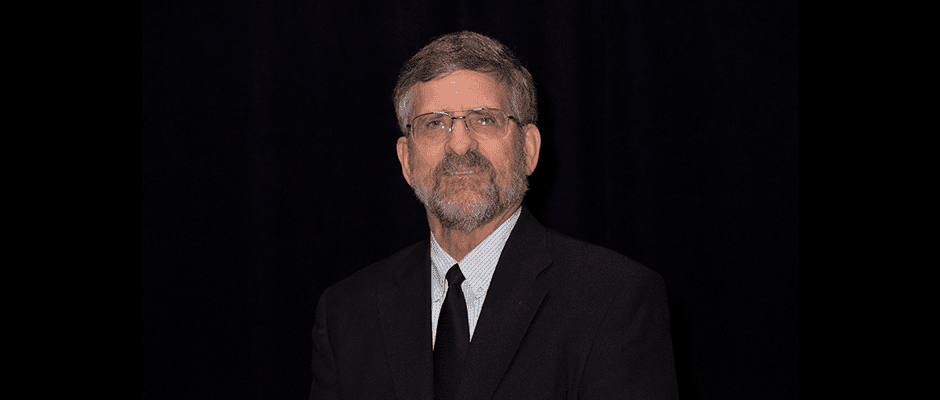Share this article
President’s Podium: Upcoming conference excitement and benefits!
Program planning for the 2017 TWS Conference in Albuquerque, New Mexico, is shaping up to be a highly significant member service and benefit for all who can access the forum directly and indirectly. While much of the planning reflects a theme of Wildlife Conservation: Crossroads of Cultures, there are many other facets of wildlife interests to be featured. This emphasis on a broadly applicable and timely program has stimulated expanded interest as demonstrated by a 20- to 30-percent increase in submissions of proposals and abstracts to be considered on the program. As a result, we anticipate more than 950 educational opportunities during the five days of the conference on Sept. 23-27. Those opportunities include multiple plenary sessions and keynote speakers, oral presentations, posters displays, symposia, workshops, panel discussions, field trips, and an array of career and professional development forums throughout the conference. In addition, there will be in intriguing selection of exhibitors who will expand the perspectives of attendees on a wide variety of programs, tools and other professional interests.
Make sure you periodically examine the conference website at twsconference.org for up-to-date information on program content, background information, attendance planning and registration. Also, watch for specialized information about the conference in TWS publications like the eWildlifer and The Wildlife Professional. The May/June 2017 issue of The Wildlife Professional (pages 47-48) contained a feature about six plenary speakers in two sessions that will intrigue all participants about cultural crossroads in wildlife conservation. Watch for more information in coming weeks.
But, the Annual Conference is much more than the opportunities described above. There will be many formal and informal gatherings of working groups, committees, alumni groups and other collegial and collaborative aspects of The Wildlife Society. Those gatherings maintain the professional network that is important to you as wildlife professional. Also, TWS Council will meet in Albuquerque on Sept. 22-23 to conduct much of the business of the Society. That is an opportunity for many members to observe and participate in formulating the policy, practice, actions and financing of our organization. A standing invitation exists for any conference participant, especially TWS members, to observe Council at work.
I mentioned in the first paragraph that there are conference-associated services and benefits to be obtained indirectly. We recognize that most TWS members cannot, for a variety of reasons, participate in the conference every year or most years. But, those who can’t attend can receive some related benefits through interacting with colleagues who do attend, through access to TWS Talks that come to you electronically via eWildlifer or other portals, and through other offshoots stimulated at the conference and delivered through our sections, chapters, working groups and TWS staff interactions. Those are some of the indirect but vital values that relate to the conference but can only happen to the extent that each and every member stimulates the environment and interactions to do so. I encourage all who attend and all who have interest to seek every opportunity possible to share outcomes, experiences and insights from Albuquerque and beyond.
Recognizing the great values in our Annual Conferences that can only be accessed directly by those registered and onsite has stimulated TWS Council and Staff to consider prospects for more indirect member access to events conducted during the conference. TWS Talks are an example of how to help others connect remotely with some of the information transfer. But there likely is more that can be done to expand that contact and provide real-time or near real-time exposure to selected conference forums and events. Some early discussions are underway with Council and staff to explore ways to make more parts of the conference in future years available remotely as a menu of activities (e.g., workshops, symposia, working group meetings) accessible to members who cannot attend in person. While we will need to remain sensitive to maintaining in-person attendance levels, providing options for others to join remotely may be a way for us to effectively use our changing technology culture to the advantage of larger numbers of TWS members. Stay tuned for more on this topic and ensure you let your Section Representative or Council Officers know your interests in developing such options.
Good luck with your day-to-day professional challenges in wildlife conservation. I hope you have an opportunity to join us in Albuquerque.








